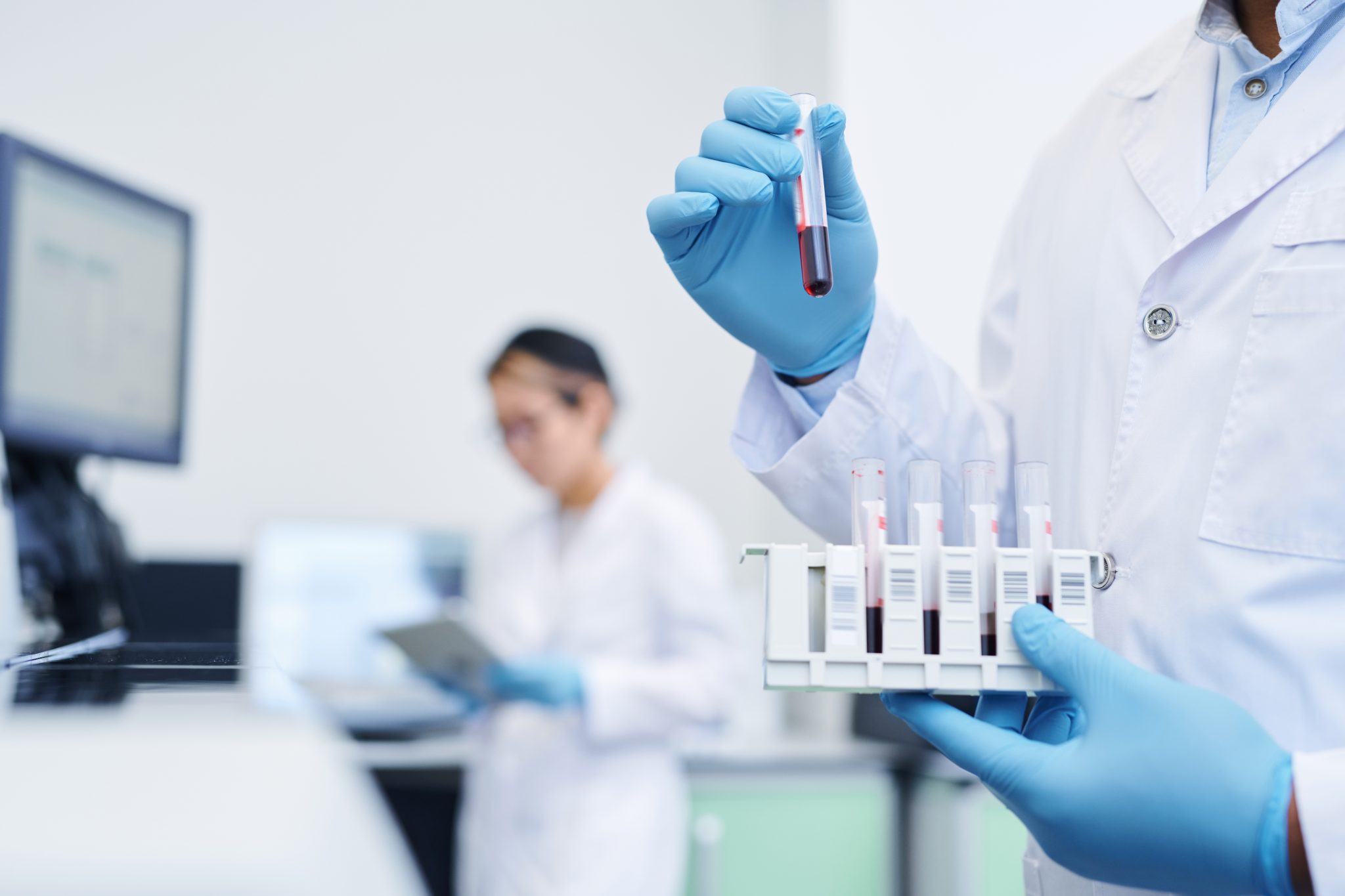Cardiac Catheterization Risks and Complications
The heart is the most sensitive organ in a human body, and any kind of treatment associated with the heart is always risky. Cardiac catheterization is the modern scientific method to treat various heart problems. It is used to locate any narrowing and blocking of blood vessels which cause chest pain, checking the pumping function of the right and left ventricles of heart, measuring pressure and oxygen levels in different parts of your heart, and also diagnosing heart defects, if any.
Not only this, but cardiac catheterization is also an effective method to take a sample of tissue from your heart, which in simpler words, is known as a biopsy. And if any of the valves are blocked, this procedure can warn you of the danger. On the whole, cardiac catheterization is used to treat heart diseases of all sorts.
But what is Cardiac Catheterization?
Cardiac Catheterization is a procedure used to diagnose and treat certain cardiovascular diseases. This procedure requires inserting a long, thin tube that is known as a catheter, in an artery or vein in your arm or neck, and is passed into your heart through blood vessels.
Usually, the procedure is carried out by keeping the patient awake. This is not painful because you are given medicines that help you relax. In addition to this, the recovery time is quick. There are some risks of cardiac catheterization, and let’s see what they are.
Risks of Cardiac Catheterization
Since the procedure is linked to the heart, there are certain risks. Although very few people suffer from the risks, and the chances are relatively low, but they do occur, especially if you are diabetic or have a kidney disease. Read on to see what risks this procedure has:
- Blood clotting that might result in a heart attack.
- Bleeding, bruising, and infection could occur at the point where the catheter is inserted.
- Low blood pressure.
- Torn heart tissues.
- Medications used during the procedure can cause allergic reactions.
- In addition to the allergic reaction, kidneys may also get damaged.
- Damage to the arteries because the catheter travels to the heart.
- Irregular heartbeats.
Complications of Cardiac Catheterization
Along with the risks, complications are also feared. Complications depend upon the demography of the patient, anatomy of the heart, the experience of the doctor, the procedure being performed, and, most importantly, the presentation and condition of the clinic. Below are some major complications that cause pain and discomfort:
- Pseudoaneurysm
A pseudoaneurysm occurs when the insertion of the sheath weakens the vessel. Due to this, the area of an artery ruptures, causing the outpouching in the artery that leads to bleeding and hemorrhage. If the patient complains of severe groin pain or feels a new arterial bruit or a pulsatile groin mass, then you must consult a doctor because these symptoms can become more severe.
- Arteriovenous Fistula
In this situation, hematoma, pain in the lower limbs, and a new bruit are felt at the access site. This happens because the blood flows directly from an artery to a vein. It consequently causes a shunting of the blood, and the amount of blood available for peripheral circulation decreases. There are other treatments among which compression is the most common way to halt the crossflow.
- Femoral Artery Occlusion
Although this complication rarely occurs, but when it does, it needs to be diagnosed as soon as possible. This is because prolonged ignorance can cause ischemia, decreased tissue perfusion, and even loss of limb. The symptoms of femoral artery occlusion include severe pain, paresthesia, absent distal pulses, and when you touch the affected leg, you feel it as cold and clammy.
- Retroperitoneal Bleed
Femoral artery leakage causes a retroperitoneal bleed. What actually happens in this complication is that the blood accumulates in the peritoneal cavity, thus exerting pressure on the tissues in the space. This makes you feel discomfort, pain in the lower abdominal and lower back, and in some cases, leg bruising. If the discomfort continues for long, then other signs begin to emerge, such as hypotension, tachycardia, and a decrease in the level of hemoglobin.
- Access Site Hematoma
This is the last and probably the most common complication seen in post-cardiac catheterized patients. Access site hematoma is described as a ramification in which the blood leaks and amasses under the skin. When it does not find a way to flow, it forms a hard lump. This lump can be seen from outside as an outgrowth. It can either be moderate or severely painful.
It is treated after a complete assessment of the leg’s color, temperature, and it is made sure that pedal pulses continue at 15 to 30-minute intervals for 2 to 4 hours after bleeding is controlled.
So you have seen that there are many different types of complications that are likely to occur after going through the process of cardiac catheterization. Among these, vascular complications are quite common since they can be accessed through the femoral artery. Since intravascular pressure is extremely high, it becomes quite challenging to seal off the punctured site.
Even after the site is sealed, leg bending or ambulation can lead to bleeding. After a cardiac intervention, patients are given anticoagulation therapy that may increase the chances of bleeding.
The risks and complications related to the heart can even cause death. If diagnosed at an early stage, they can be controlled and treated well. But if they are overlooked for a longer period, then complexities increase, ultimately spoiling your case.
This is why it is advised to take extra care of yourself, take appointments every month or week depending upon your condition, and consult a reliable physician for regular checkups. Schedule an appointment at South Florida Cardiovascular Specialists, so if there are any problems, they can be identified and treated on time.
Taking good care is important to live a healthy life at infinite. When a catheter is inserted in your body, your system becomes more delicate than it normally is. Thus, be vigilant and enjoy a healthy and happy life ahead!





